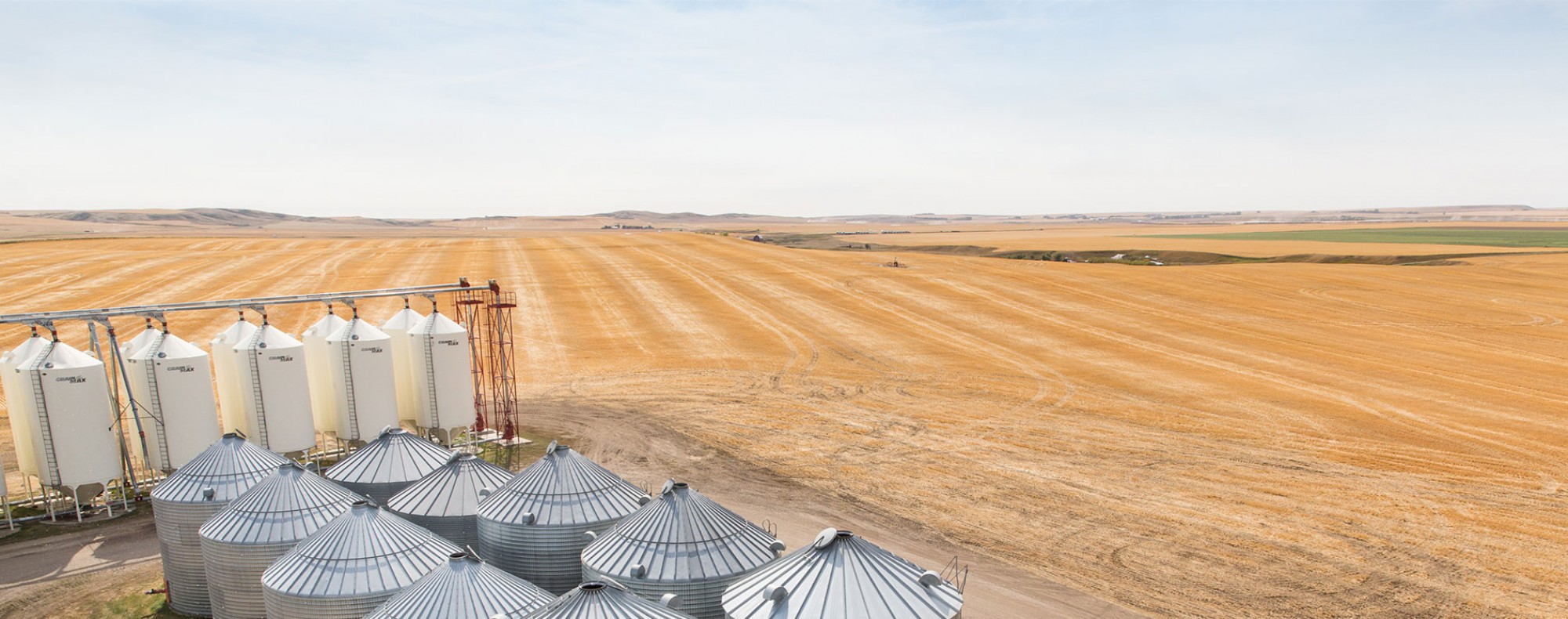Managing wireworms in southern Alberta wheat fields with crop rotations and beneficial insects
Principle Investigator: Dr. Haley Catton, AAFC - Lethrbidge
AWC contribution: $104,475
Start date: April 1, 2019
End date: June 30, 2021
Summary:
Wireworms are a soil-dwelling pest that attacks wheat seeds and seedlings. The pest has re-emerged as a problem across Canada in wheat and other crops such as potato. This project will contribute to the integrated pest management (IPM) in Alberta wheat fields by improving potential monitoring, control, and awareness of these pests and beneficial insects, while developing local expertise and setting the stage for future research directions. The objective of this research is to determine the effect of cereal-canola rotations on wireworm and carabid populations in wheat.
Objectives:
- To screen a randomly derived recombinant inbred line population from a cross between CIMMYT spring wheat “Attila” and the Canadian “CDC Go” from Dr. Spaner’s group (University of Alberta) for auxin responsive phenotypes that result in increased seed yield after auxin application when grown under non-stress and abiotic stress conditions.
- To identify a group of auxin responsive lines under the different environmental conditions imposed.
- Further phenotypic analysis will be done for a select number of auxin responsive lines to determine if auxin treatment improved seed set at specific positions on the spike.
- Determine if auxin responsiveness maps to an identified QTL in this RIL population, or if it is associated with the gibberellin-related rht-B1 dwarfing geneBenefit to producers:
The research findings will produce an up-to-date wireworm field guide that is richly illustrated, comprehensive and provide the most current information on the identification and control of wireworms in Southern Alberta. The production and distribution of the wireworm field guide will help producers identify their pest wireworm species and develop best management practices. This work will create possibilities for development of prairie-specific tools and form a foundation for future IPM plans to support beneficial insect communities.
Read more about this project in Farming Smarter's online magazine
